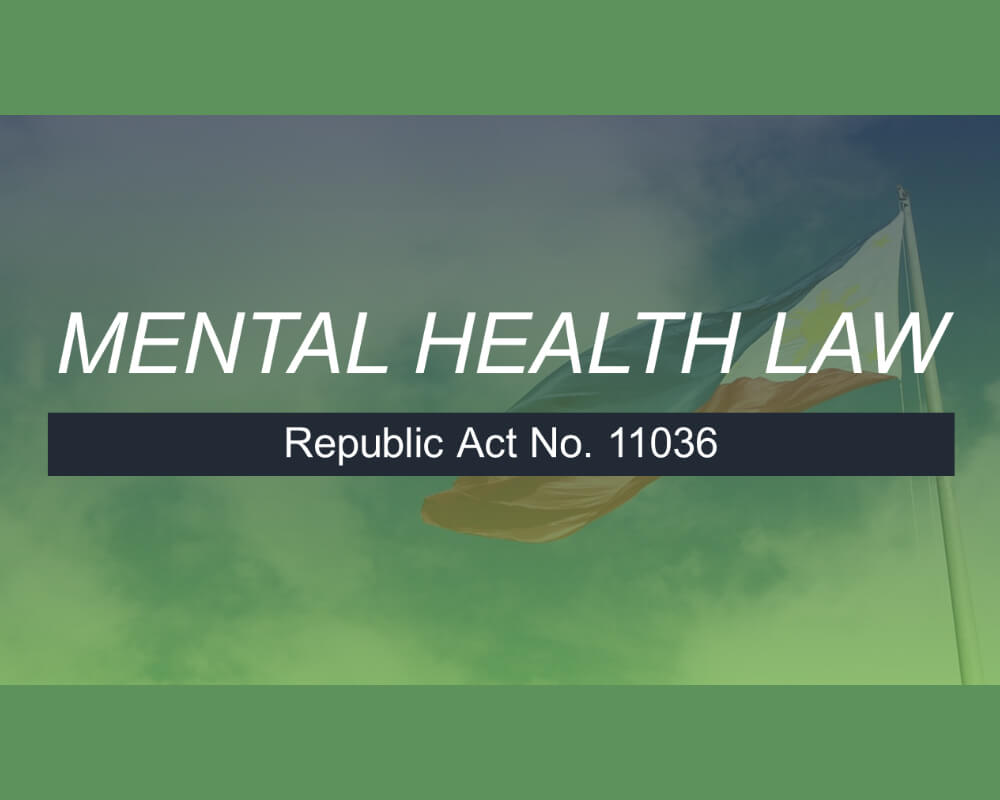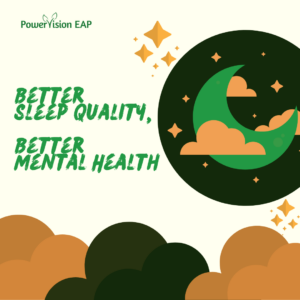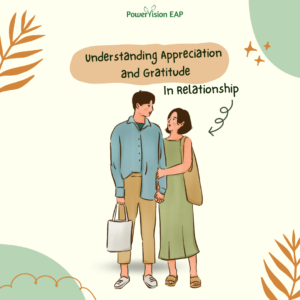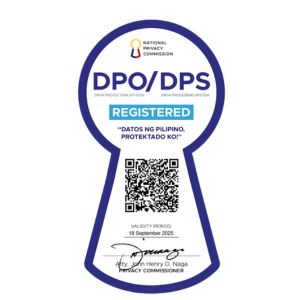Reports say that 1 in 5 Filipino adults suffer from a form of mental illness. In 2012, the World Health Organization (WHO) reported that an average of 7 Filipinos died by suicide each day. These statistics are certainly alarming. But it is not all bad news because last Jun 21st, President Duterte finally signed the Mental Health Law, providing Filipinos with affordable and accessible mental health services. But what does that mean for companies and employers?
Chapter V, Sec. 25 of the Mental Health Law states that:
“Employers shall develop appropriate policies and programs on mental health in the workplace designed to (1) raise awareness on mental health issues; (2) correct the stigma and discrimination associated with mental health conditions; (3) identify and provide support for individuals at risk; and (4) facilitate access of individuals with mental health conditions to treatment and psychosocial support.”
The Mental Health Law does not only cover public mental health services, but it also covers the promotion of mental health and policies in the workplace. So, what can you do as an employer, or a company, to implement this? Here is what we suggest:
1. Raise Awareness on Mental Health Issues
A lot of people are unaware of mental health issues and how they affect us. It is important to remember that mental health is more than the absence of a mental disorder. You do not have to be diagnosed with a disorder for you to say that you have a mental health problem. And not all mental health problems mean that you automatically have a mental disorder. Stress, burnout, grief, communication, and interpersonal problems are some forms of mental health issues that can affect an individual’s functioning. Various mental health problems can affect employees and businesses through increased absenteeism and reduced production. Raising awareness about mental health can help prevent and address these issues.
PowerVision EAP can help employers and companies raise awareness about these issues through our educational talks and workshops. Aside from raising awareness, our talks and workshops can also help employees handle life’s common issues before they blow up into bigger problems. Our services can provide employees with insight and awareness about the mental health of others and their own as well.
2. Correct the Stigma and Discrimination Associated with Mental Health Conditions
The lack of awareness of mental health issues also means a lot of stereotypes and misconceptions about these issues and the people who have them. Some people believe that mental health problems cannot be treated, that mental health problems are a personal weakness, that mental health problems are not real, or that it is something to be hidden or kept a secret from others. A common Filipino response towards mental health would be, “Nasa isip mo lang iyan.” Unfortunately, these stigmatizing attitudes not only results in discrimination in the workplace, but it can also cause shame and prevent people from seeking help.
PowerVision EAP can also help employers and companies correct the stigma through our talks and workshops. We also extend our expertise to client managers, supervisors, and HR personnel through consultations on handling troubled employees. Through these consultations and workshops, we can work together with you to better understand mental health and how to effectively handle those who suffer from mental health problems.
3. Identify and Provide Support for Individuals at Risk
It is important to recognize the various risk factors and individuals who may be at risk so that we can provide the necessary support that they need. Risk factors include a complex combination of biological, psychological, and social factors. For example, some risk factors at work can include:
- Excessive workload
- Insufficient work
- Role conflict
- Lack of recognition of work
- Low status
- Inadequate social support in the workplace
- The perception that the workplace is not just or equitable
- Unsupportive supervision
- Poor relationships with colleagues
- Bullying, harassment, or violence
- Isolated or solitary work
- Irregular working hours
- Poor communication
- Poor leadership
- Conflicting demands at home and at work
- Lack of support for home at work, and vice versa
Employers and companies can provide support for their employees by maintaining a stress-free work environment. Employees can also anonymously avail short-term counseling interventions from PowerVision EAP for any personal and work-related concerns. PowerVision EAP counselors can help employees enhance their life skills through coaching. We also have legal and financial consultants that can provide employees with helpful information to plan their next steps on personal and family concerns that involve financial and legal issues. Depending on the program that you choose for your company, our services may also be extended to cover the dependents of your employees. Aside from that, PowerVision also assists EAP clients in preparing for and handling crisis situations, such as workplace violence, suicide, disasters, and individual traumatic incidents.
4. Facilitate access of individuals with mental health conditions to treatment and psychosocial support.
Availing a program with PowerVision EAP can help you facilitate your employees’ access to mental health services. PowerVision can provide face to face counseling sessions and 24/7 phone counseling to help employees deal with personal and work-related issues that impact their performance. Providing these services to your employees can help their mental health, as well as improve their attendance and performance at work. Contact us for more information!
References:
- Elemia, Camille. “Duterte signs Philippine Mental Health law.” Rappler, 21 June, 2018, https://www.rappler.com/nation/205425-duterte-signs-mental-health-law-services-philippines
- “Mental Health Policies and Programmes in the Workplace.” World Health Organization (WHO), 2005, http://www.who.int/mental_health/policy/workplace_policy_programmes.pdf.
- “Module 6: Promoting Mental Health and Wellness.” World Health Organization (WHO), http://www.wpro.who.int/philippines/publications/module6.pdf. Accessed 15 July,











